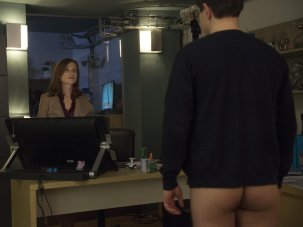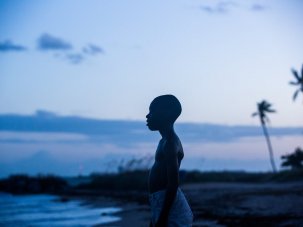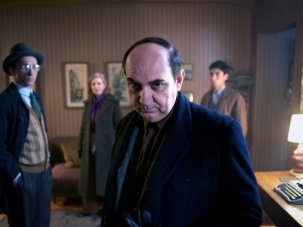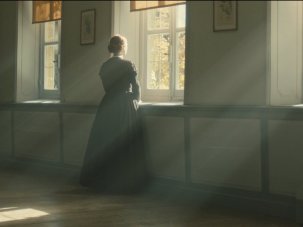My five high hopes
1. Manchester by the Sea
Kenneth Lonergan, USA
I don’t much like speculating about films you haven’t seen but ever since the raves arrived from Sundance, I’ve been keening for this, another film from the writer-director who brought us the marvels of You Can Count on Me and Margaret. I expect top-notch performances, spikily profound confrontations and bucketloads of poignancy from this tale of Lee Chandler (Casey Affleck), a young man returning to his North Shore hometown to connect with his recently dead brother’s orphaned son Patrick (Lucas Hedges) and deal with his own estranged wife Randi (Michelle Williams).
2. The Informer (revival)
Arthur Robison, UK
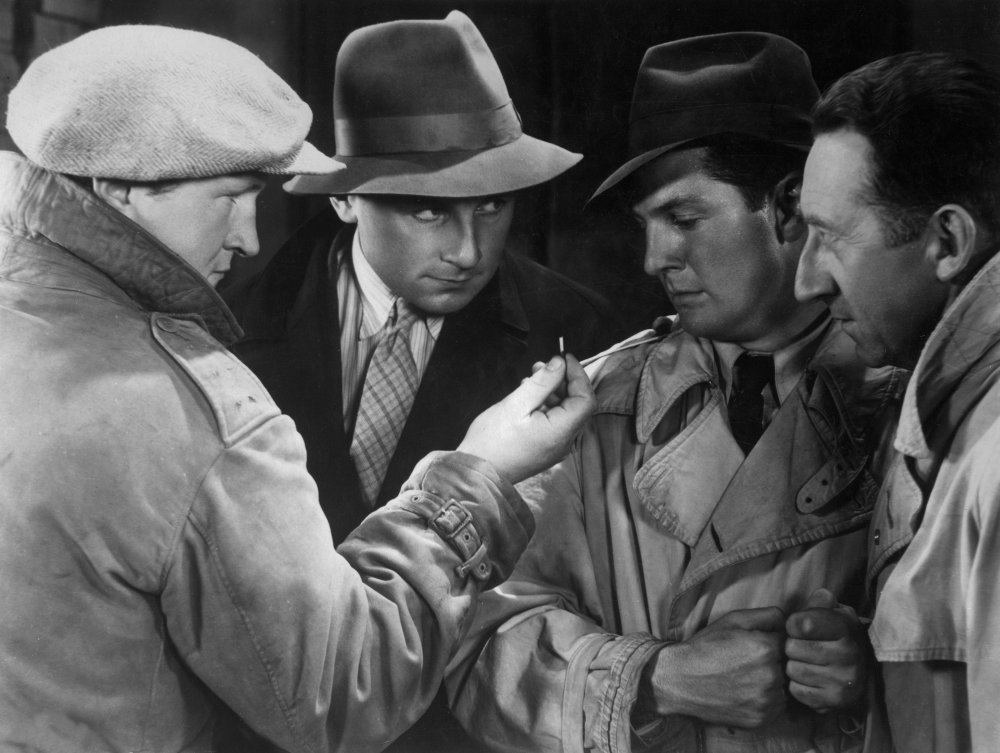
Ever since someone I trust insisted that Arthur Robison’s 1929 film adaptation of Liam O’Flaherty’s novel – the silent version, that is, rather than the hurriedly organised part-talkie made simultaneously – is superior to John Ford’s 1935 classic, I’ve been waiting to see The Informer on the big screen. And when I learned that my BFI colleagues were going to restore it, I knew I should wait for its arrival.
Images I’ve seen and writings I’ve read suggest a proto-noir in which the tale of moral compromise and betrayal of the Irish revolutionary cause is suitably shrouded in purple tints, deep shadows and an atmosphere of constant alarm.
3. The 13th
Ava DuVernay, USA
Those of you who have seen the section of Michael Moore’s Where to Invade Next that catalogues how a huge proportion of young African American males have been incarcerated and put to work in prison workhouses in a slightly more sophisticated form of slavery will have some idea of where Ava DuVernay’s documentary The 13th may take us. Named after the 13th Amendment of the US constitution, which states that “neither slavery nor involuntary servitude, except as punishment for crime whereof the party shall have been duly convicted, shall exist within the United States,” DuVernay’s film promises a thorough investigation into this most scandalous use of US state systems.
4. Neruda
Pablo Larraín, Chile-Argentina-France-Spain
I missed this in Cannes, where it was highly regarded, and have since seen Larrain’s stupendous Jackie (about Jackie Kennedy), which shows him to be a master of the biopic, usually my least favourite genre.
This film however is reputed to be more of an investigation than a recreation, one in which the policeman chasing Neruda is more like the poet’s own invention than a real cop. I also wanted to complete the LFF’s set of films about poets, since that seems to be a theme of the year (see below).
5. A Quiet Passion
Terence Davies, UK-Belgium
Jury duty kept me away from this in Berlin, and since I am a fan of Terence Davies’s films, and friends tell me it is one of his very best, how can I resist?
Emily Dickinson was spoilt for me in my youth by the satirical self-lacerating Paul Simon lyric “And you read your Emily Dickinson, and I my Robert Frost…” making both poets feel redundantly attached to middle age. What a fool I was. Can’t wait.
-
The Digital Edition and Archive quick link
Log in here to your digital edition and archive subscription, take a look at the packages on offer and buy a subscription.







